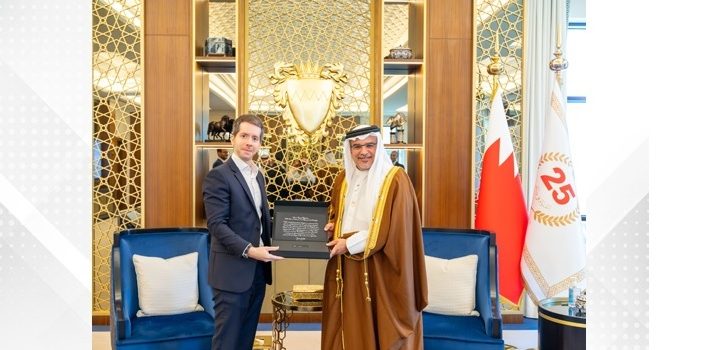
Serenity, a blockchain technology company specializing in secure digital finance solutions, has partnered with MTA Real Estate to develop a secure, blockchain-powered real estate investment portal targeting allowing for crypto to property purchases.
As per the press release, the initiative arrives amid growing momentum for real estate tokenization in the UAE. With growing institutional interest and clear regulatory support for blockchain-based asset infrastructure, the Dubai Land Department expects the market value for tokenized real estate to exceed $16 billion by 2033.
The portal, to be rolled out in phases, will allow qualified crypto users to explore select Dubai real estate listings, complete biometric-based KYC, and execute regulated crypto-to-property purchases through smart contracts. Also crypto buyers who purchase properties using this portal will be eligible for exclusive discounts, which brings in a valid commercial value proposition.
Serenity and MTA’s expertise will bring to market a full-technology stack serving as a blockchain window into property sourcing, transaction facilitation, and compliance with local real-estate regulations.
“This partnership allows us to extend blockchain’s utility into tangible ‘real-world services’,” said Robert Boris Mofrad, Co-founder and Chief Product Officer of Serenity. “Dubai is already setting the pace on real estate tokenization – our goal is to operationalize that vision with compliant infrastructure that bridges Web3 and real-world ownership.”
Venket Naga, CEO of Serenity commented, “This agreement brings our ‘real-world services’ vision closer to reality,” said Venket Naga, Co-Founder and CEO of Serenity. “It’s about turning blockchain infrastructure into sustained, revenue-generating use cases – not just for Serenity, but for the entire Web3 ecosystem engaging with real-world assets.”
The platform’s KYC layer, built on Serenity’s decentralized identity protocol, will be integrated with the company’s sAxess biometric card, the world’s first fingerprint-authenticated blockchain multi function cold wallet card. Payments will be conducted through licensed intermediaries or accepted directly by developers that support crypto transactions. Off-plan purchases will be protected under the Dubai Land Department’s escrow framework, ensuring milestone-based fund releases and buyer safeguards.
At MTA Real Estate, we specialize in unlocking high-growth opportunities in Dubai’s real estate market – one of the most secure and lucrative in the world,” said Mohamed Taher Ali, Founder & CEO of MTA Real Estate. “This collaboration empowers crypto investors to diversify their portfolios with stable, income-generating assets backed by full regulatory transparency. Our goal is simple: bridge the gap between digital wealth and real-world property ownership through innovation, speed, and trust.
Serenity’s roadmap for the portal includes smart contracts for automated rent distribution, on-chain storage of ownership records with survivability and inheritance mechanisms, and future integration of DeFi-based mortgage tools.

















